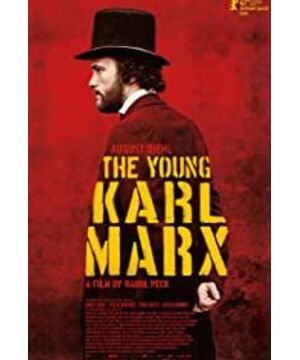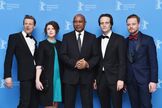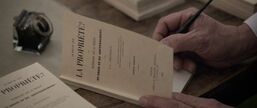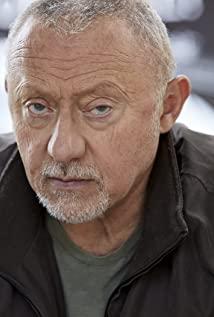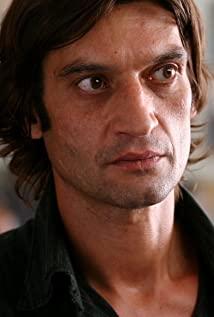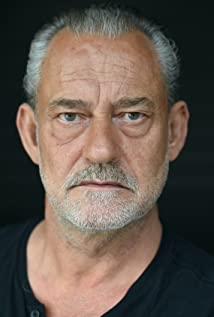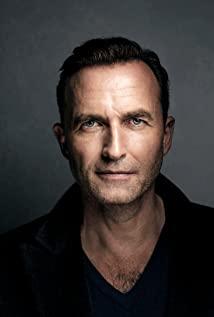I thought this movie could be divided into three parts.
The first is the respective experiences of Marx and Engels and the establishment of mutual friendship: through Engels’ surroundings to reflect the tragic situation of the workers at the time; through Marx’s life and social life-"Rheinland", "German-French Yearbook", Proudhon and Jenny, one It is the three-dimensional personality of the thinker Marx, and the first is to show the emptiness of the theory behind the socialist movement at that time.
Then the plot after the encounter of Marx and Engels shows the breaking and establishment of the theory. One is to oppose Proudhon and Vautrin, the other is to establish a set of social theories headed by the analysis of production relations. At the same time, the characters of the main characters are enriched here.
The last part can be regarded as the two holding the banner of the left circle. It talked about the fact that Marx and Marx participated in the League of the Righteous, which was renamed the Communist League and the "Communist Manifesto" at the 1847 London Conference, and ended with the "Communist Manifesto". In the plot, Engels made Marx realize that it would be futile to write more philosophy without spreading his thoughts to the workers through a simple reader such as the manifesto.
Most people should not deny that it is particularly difficult to make a biography of Karl Marx. What aspect of the characters should be emphasized, how to express their thoughts and theories, and how to shape the images of various characters in the left circle at that time are all questions that will make screenwriters and directors feel difficult. So this film only selected a period of Marx's youth-from 1843 when the Rheinland Zeitung was closed to 1848 when the Communist Manifesto was published. Despite this, many characters and factions are involved in the movie, and no space can be reserved for explanation. Therefore, this movie has certain requirements on the audience's theoretical basis. If you have a certain understanding of the young Hegelianism, Proudhonism, William Vautrin, the League of the Justices and later Bakuninism before watching it, it will be relatively easy to see.
A friend summed up the basic principles of Marxism in one sentence in Qzone: "Social relations headed by production relations grow on material production." This film clearly reflects this statement. Marx mentioned many times in the movie that he wants to explain the reasons behind the phenomenon, which is to explain the continuous changes in the relations of production. In the second part of my division, Engels took Marx to meet a capitalist who hired child labor. The capitalist could use supply and demand and market efficiency to explain why he hired child labor and why he couldn’t pay high salaries. Marx then used this as the current society. The production relations refuted this, but of course the capitalists would not listen, and such theories at that time were not yet known to the public. This is the death of classical economics before Joan Robinson proposed imperfectly competitive markets. Adam Smith tried to make up for it through human moral sentiment, while Marx analyzed the essence of cruel capitalist society through the theory of changes in production relations. The dialogue between Marx and the capitalists vividly shows the shortcomings of classical economic theory at that time, the novelty of Marx's approach from changes in production relations, and the destined difference between Marx's theory and the future "orthodox" economics.
The plot of the film is consistent, and the history is unfolded according to time, but it is obviously not running accounts, so it is very impressive. The fly in the ointment is that the images of the socialist theorists of the same period are mostly facialized through speeches in the film, but considering the time limit and the preacher is Marx, the audience shows a person through a few speeches. There is nothing wrong with his general idea.
Movies should be relatively textual in language. Intellectuals use French for public discussions, and Marx uses German for friendships in private. There are many French in letters, and Marx and Yanni speak French (there are too many differences in Germanic dialects? Because of the nobility of Yanni?) and English workers use English... …I heard a Taiwanese audience sitting behind me in the theater said that their German language is quite different from today, presumably the movie takes into account the differences in dialects among Germanic states.
During the curtain call, using the background music of "Like a Rolling Stone" with many contemporary parades, protests, and Wall Street scenes seemed to tell us that an unjust and unfair world still exists, and the way of exploitation has changed in some places. Some places have not changed, and capitalism has also evolved a new look...
View more about The Young Karl Marx reviews


